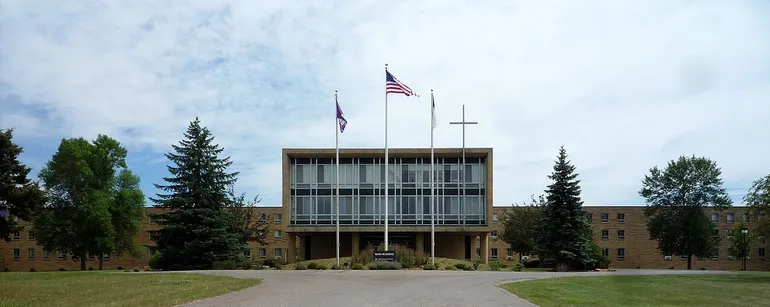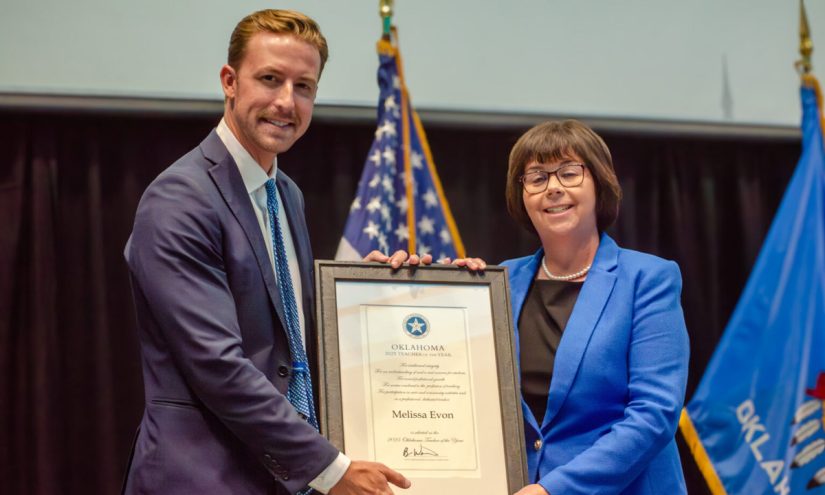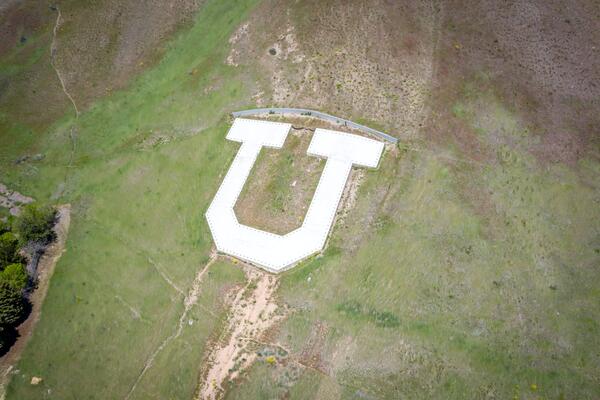Dive Brief:
- A federal judge on Friday struck down a Minnesota law prohibiting colleges that require high school students to sign statements of faith from participating in a state dual enrollment program.
- The University of Northwestern and Crown College, two conservative Christian institutions in Minnesota, sued the state in 2023 over the law which rendered them ineligible to participate in the Postsecondary Enrollment Options program. Both colleges require on-campus students to sign religious conduct agreements.
- Siding with the colleges, U.S. District Judge Nancy Brasel ruled that Minnesota’s law infringed on their constitutional rights by making them choose between participating in the PSEO program and practicing their religion.
Dive Insight:
Since 1985, Minnesota’s PSEO program has allowed local high school students to earn college credit for nonsectarian coursework at participating colleges. The program is free for eligible students and reimburses colleges with fixed payments per credit hour.
But a 2023 law, passed by the state’s Democrat-controlled Legislature, prohibited colleges from participating in the program if they require faith statements or make admission decisions based on “race, creed, ethnicity, disability, gender, or sexual orientation or religious beliefs or affiliations.”
The University of Northwestern requires students and employees to sign a pledge to abstain from “same sex romantic intimacy.” And Crown’s student conduct policy does not allow involvement or promotion of “any sexual behavior outside the marriage of one man and one woman.”
Both institutions, joined by three parents of high school students, sued the state the same day Democratic Gov. Tim Walz signed the legislation into law.
The Minnesota Department of Education filed counterclaims, arguing that Crown and the University of Northwestern’s admissions policies for the PSEO program are unconstitutional.
Early on in the case, Brasel blocked the state from enforcing the new law, allowing the colleges to continue enrolling PSEO students and earning state funds from the program while the case proceeded. Between the 2017-18 and 2022-23 academic year, the University of Northwestern received over $33.2 million from the program, and Crown received roughly $5.8 million.
In her Friday ruling, Brasel sided with the colleges.
“If the Schools’ eligibility to participate in PSEO is conditioned on not using faith statements as an admissions requirement, their free exercise in maintaining a campus community of like‐minded believers is burdened,” said Brasel, a Trump appointee. Families also lose their right to free exercise of religion if they can’t use the public benefit at “a school of their choice of like‐minded believers,” she said.
The judge further wrote that if the state elects to fund private education, officials cannot disqualify private schools solely because they’re religious.
Brasel also dismissed the state’s counterclaims Friday.
The Minnesota Department of Education did not immediately respond to a request for comment Monday.
The leaders of Crown and the University of Northwestern — Andrew Denton and Corbin Hoornbeek, respectively — celebrated the verdict Saturday.
“This legislation has given us yet another opportunity to affirm our mission; we remain committed to equipping our students to grow intellectually and spiritually to serve effectively in their professions and give God-honoring leadership in the home, church, community, and world,” Hoornbeek said in a statement.
The same day, Denton thanked the legislators who originally opposed the ban and said Crown was grateful for the law’s reversal.
“The court made clear that Minnesota cannot single out high school students who want to attend a faith-centered institution,” he said.



